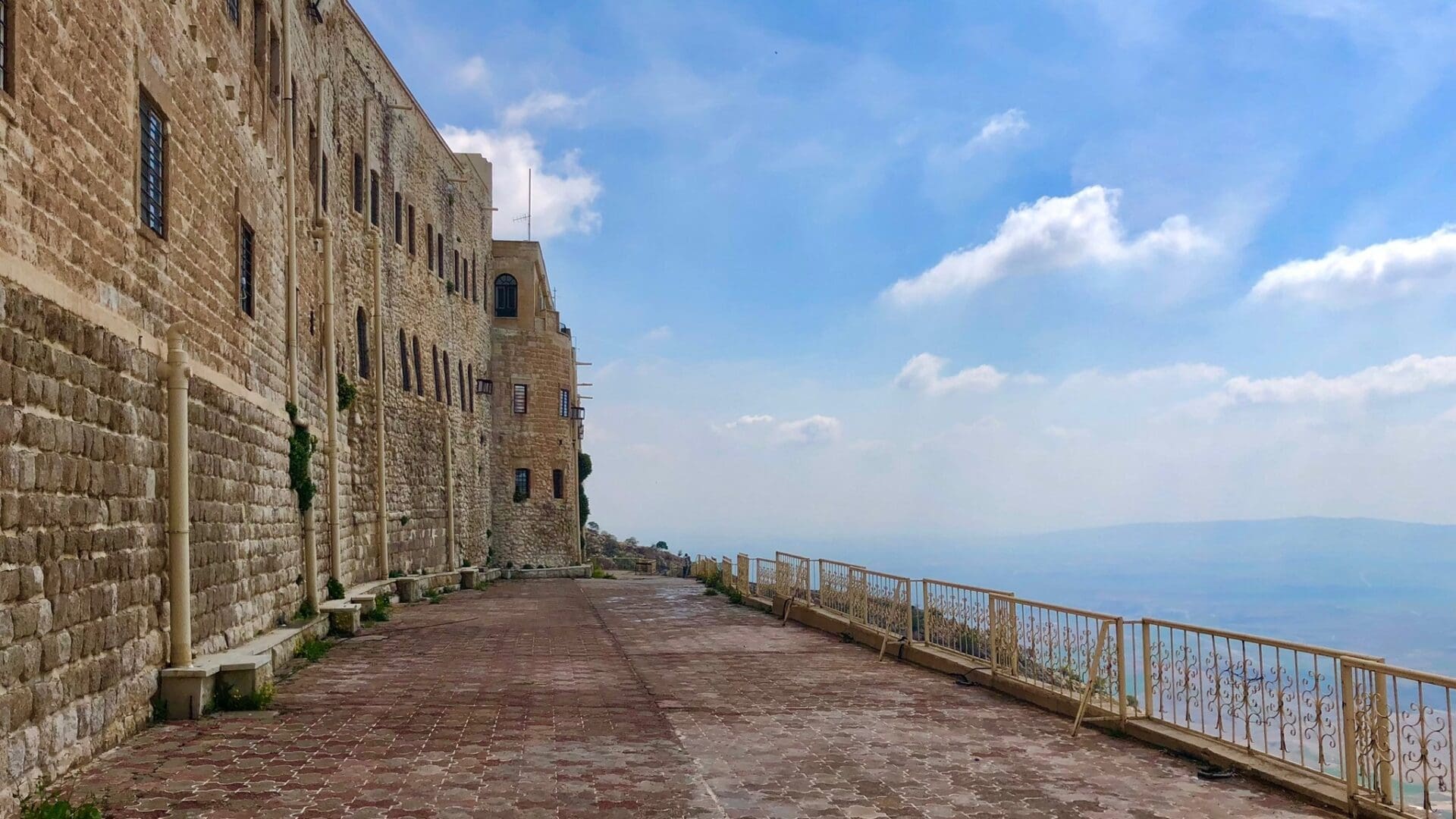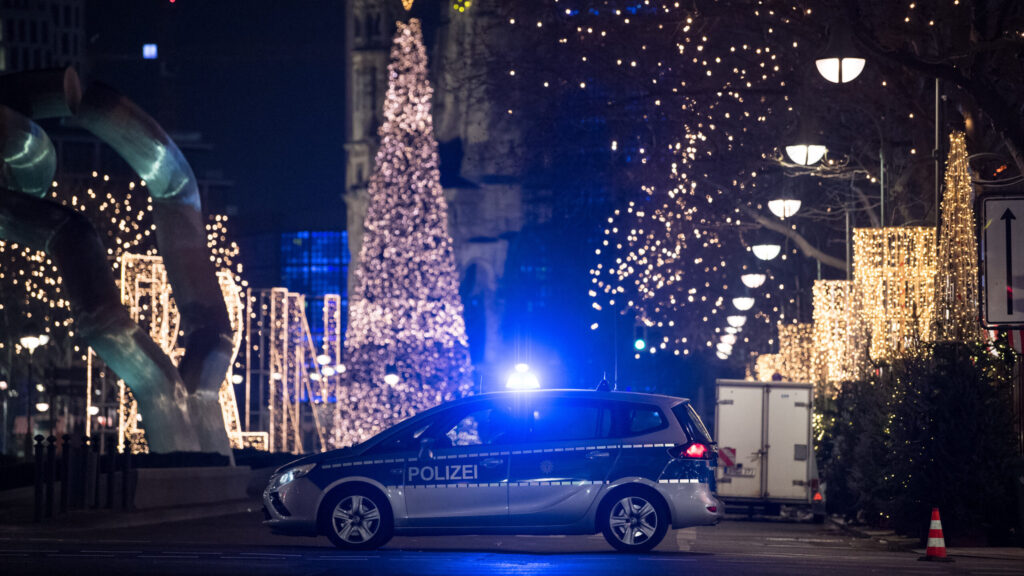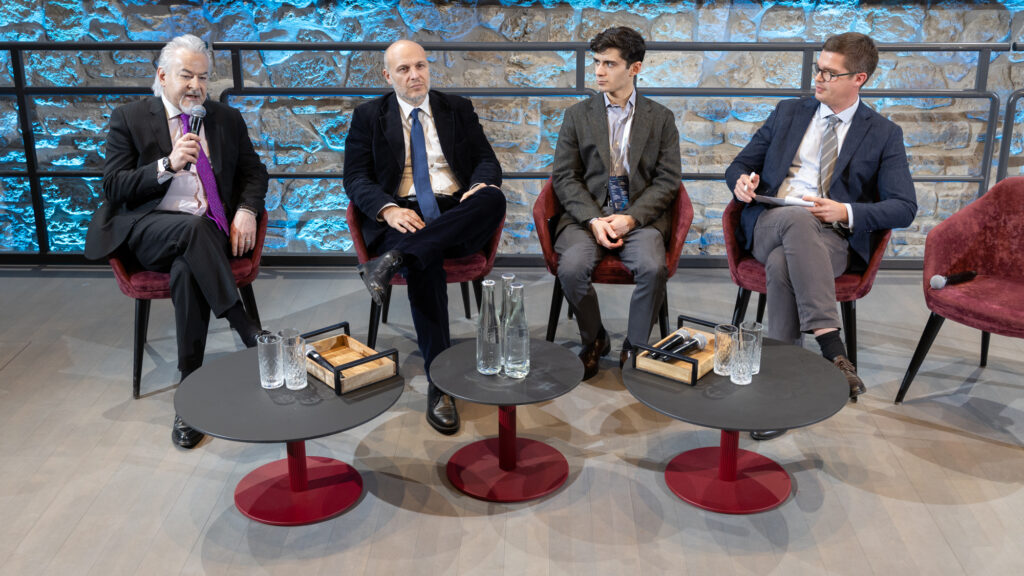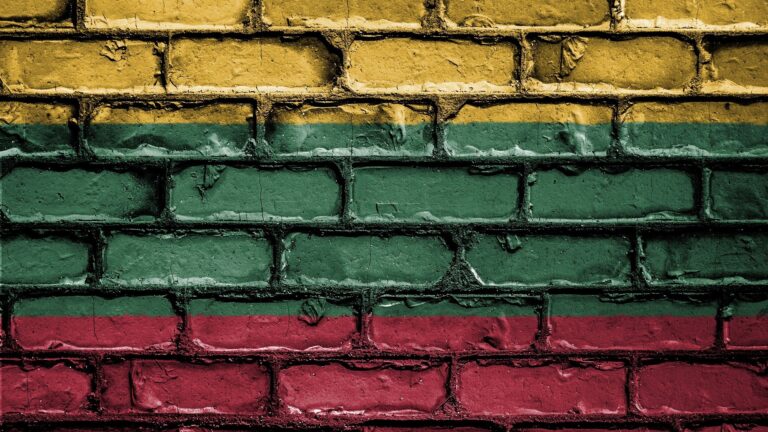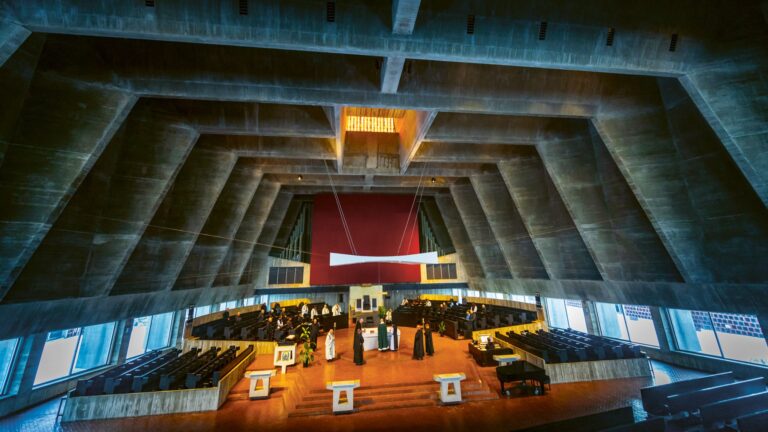At the end of March, the Danube Institute’s research team, with support from the Hungary Helps Programme, conducted a two-week fieldwork trip in Iraqi Kurdistan as part of their research titled ‘Attacks on Christian Communities and Institutions’. During the fieldwork, the research team interviewed a wide variety of church leaders from several denominations, government officials, military officers, members of the local communities, activists and Internally Displaced Persons who were victims of the ISIS period. In a special episode of the podcast series titled Reflections from Budapest, Jeffrey Kaplan, a distinguished fellow at the Danube Institute, Logan West, a visiting fellow at the Danube Institute and a Fellow of the Budapest Fellowship Program in Hungary, and Virág Lőrincz, a researcher at the Danube Institute shared their findings and experiences about the situation of Christians in Iraqi Kurdistan.
The Deep Wounds Caused By ISIS
Before the March episode, we on our podcast the founder and president of the Iraqi Christian Relief Council, Juliana Taimoorazy, who explained that the Assyrian Christian community had been marginalised for many decades. In 1914 under the Ottoman Empire, Assyrian Christians were persecuted and expelled from southeast Turkey; as a result, they had to flee to Northern Iraq, where the newly formed Iraqi government also harassed them. Under the presidency of Saddam Hussein, Christians were only tolerated in the country if they didn’t speak about their ethnicity and professed to be Arabs. Those Assyrian Christians who bravely endorsed their ethnicity and language were subject to persecution. Ms Taimoorazy also reminded that this year marks the 20th anniversary of the US invasion of Iraq, which led to the destruction of the lives of one and a half million Assyrians, Chaldean and Syriac Christians. In 2014, ISIS took control of Mosul and quickly learned where Christians lived (it was usually their very neighbours who gave them up) and ISIS militants marked their homes with the Arabic letter ‘nun’ (ن), which stands for Nazarenes, as Christians follow Jesus of Nazareth. In larger cities like Qaraqosh, Christians who didn’t have time to escape were killed, women were raped, and believers were even crucified on their doorsteps. After ISIS destroyed the infrastructure of Qaraqosh and other cities, they gave Christians three options: convert to Islam; pay a tribute, a jizya, to ISIS; or leave their city with nothing more than the clothes on their back, or else they would be killed.
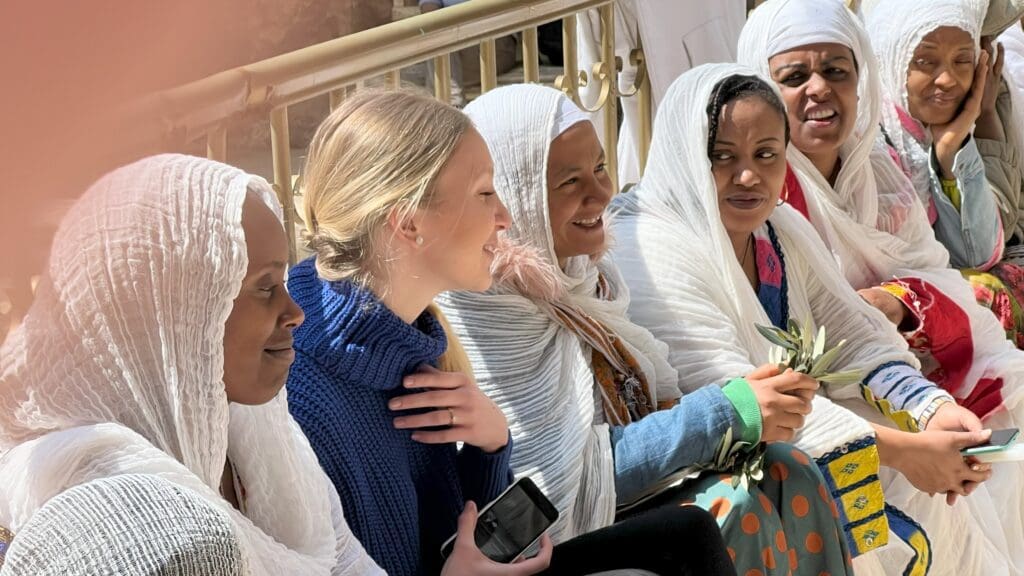
As Virág Lőrincz explained, women within the Christian and Yazidi communities were even more vulnerable during the ISIS period as they were often kidnapped, raped and sold as slaves. She noted that one main reason why ISIS got away with torturing Christian women was that Christian families didn’t take revenge and talk publicly about the attacks, as
most families didn’t want others to know how they had been dishonoured.
Jeffrey Kaplan added that this is also why tracking how many Christian women were affected by the torture of ISIS is very difficult. Virág Lőrincz shared that in one of the interviews, where they were asked not to record the discussion but were allowed to take notes, a Christian woman shared how the shame of being raped determined her life. She explained that during the ISIS era, the community arranged somehow to get her and her family visas and flee from the country to the US; however, as the US authorities wanted the woman’s story to be shared publicly, the family chose to stay rather than have their shame publicly broadcast around the world. As the research group conducted interviews with the Yazidi community, they learned that their villages were the first victims of ISIS; therefore, when the violence reached Christian villages, those who had learned about the brutal attacks on the Yazidis could escape in time. As Logan West noted, since the ISIS period, the Christian and Yazidi communities have formed a strong relationship and alliance as they faced and are still experiencing similar discrimination and hardships in the region.
Life After ISIS: Discrimination Continues
During the fieldwork, the research team interviewed Kurdish government officials who said their primary aim is to support and protect all minorities in the Kurdish region. As Logan West explained, many Christians were chased from Baghdad and southern Iraq to the Kurdish region, where they were given shelter during the ISIS period. Those Christians who fled Mosul—the scene of the most brutal fighting during the ISIS period—haven’t returned to their homes since. When Christians had to run from ISIS, the Kurdish government did everything it could to protect and resettle them. However, nowadays, as Virág Lőrincz mentioned, the Christian community’s experience is that there are a lot of promises from the government but little action.
Although Christian communities are no longer oppressed by ISIS in Iraq, the discrimination that started in the past has continued into the present. The Kurdish continue to struggle against both the Iraqi and Turkish governments, which has led to cross-border incursions and devastating bombing raids as recently as 2022. This has affected Christian villages as well, as the bombs often land on Christian villages, that happen to be in the wrong place at the wrong time, as Kaplan explained. The research team highlighted that although today violence is no longer the primary form of persecution Christians face in the country, they still suffer from other serious forms of discrimination. Among the most pressing issues are economic problems, incompetent legislation by the government and conflicts from inter-communal relations, which they suffer from not just because of their faith, but also because they are an ethnic minority in the Kurdish region. Virág Lőrincz explained that the situation of Christian women in the region is still difficult as they don’t feel safe when they go out, especially at night, and they’re pressured to wear a hijab, especially during Muslim holidays. It is even more difficult for them to get jobs than for men.
Kaplan highlighted that while 20–30 years ago, the number of Iraqi Christians was around 3 million, now according to most sources that has dropped to only around 250,000 and is declining rapidly, primarily due to emigration as a result of economic hardship and violence. However, during the interviews, the team was told that even this number is an exaggeration and it is actually closer to 164,000–125,000. The reason the community insists that their number is closer to 250,000 is because that is the only way they can hold on to their five assigned seats at the parliament. Unfortunately, if their situation doesn’t improve, this number will further decline and rapidly so, as young people don’t see their future in Iraqi Kurdistan and would like to leave the country as soon as possible. Kaplan also highlighted that if Christians who live in the villages won’t get help,
the nearly two millennia of Iraqi Christianity’s history may be wiped out.
Believers in the cities with better infrastructure at least can get access to study at universities, work at international companies and they are also more likely to get access to outside help and aid. However, living in the cities is not a solution for Christian women as it’s still hard for them to get access to job opportunities, and they’re discriminated against even in the cities in other forms.
As Logan West described, another form of discrimination against Christians in the region is that conversion to Christianity is not recognised on national ID cards, and the children of converts, or of Christians married to or divorced from Muslims, are automatically registered as Muslims, which has consequences in terms of education and marriage.
Because of the severity of the ban by Islam of conversion to Christianity, the issue of proselytising has become one of controversy and debate among the Christian denominations in the country. While evangelical Christians, while aware of the consequences, still choose to share the gospel publicly and accept Muslim converts, most historical denominations do not share the view of evangelicals, and for fear of being attacked and killed for it,
they forbid conversion and only accept it in special cases.
Kaplan recalled an interview in which one bishop took pity on a couple so deeply in love that they crossed sectarian lines to marry, so he performed both the conversion and the marriage. However, the couple was rejected by their families and were forced to flee for fear for their lives. As for Muslim converts, they usually aren’t accepted by most Churches so their only option is to emigrate.
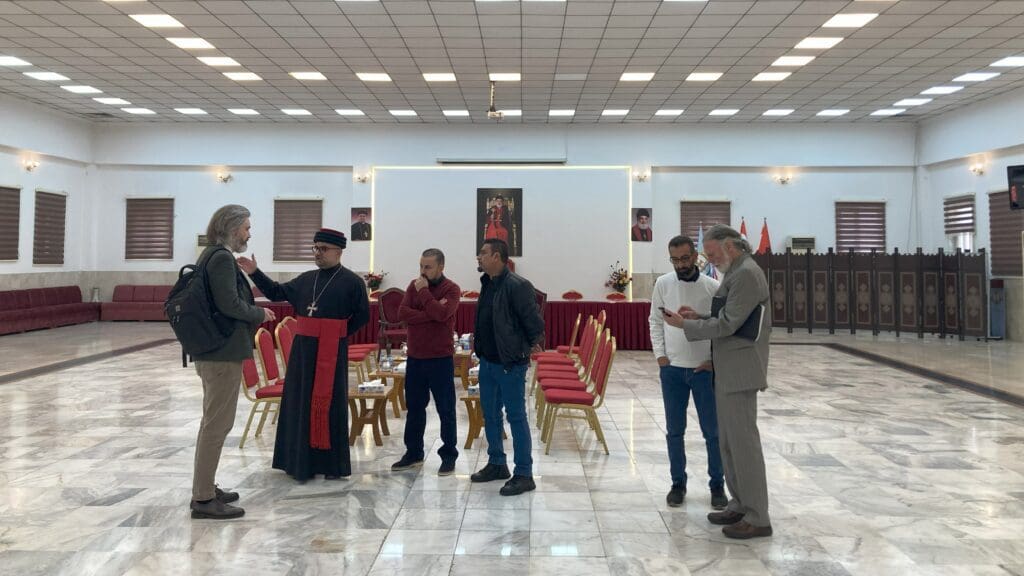
Christians in Iraq on the Verge of Extinction
Virág Lőrincz highlighted a story which shows that despite the complex challenges they are facing, there are Christians in the region who still choose to stay in their homeland. She noted a story from an interview in Duhok of a family who had to live through not just all the hardships Christians have to face in Iraq but as they live close to the Turkish border, so they also had to live through the airstrikes and bombings, and yet they chose to stay.
Logan West also highlighted the resilience of the Yazidis, who related in the interviews conducted in the refugee camps that after hearing and experiencing what ISIS had done to their parents and grandparents, the youth had become even more devout and conscious of their culture and religion than before the ISIS period.
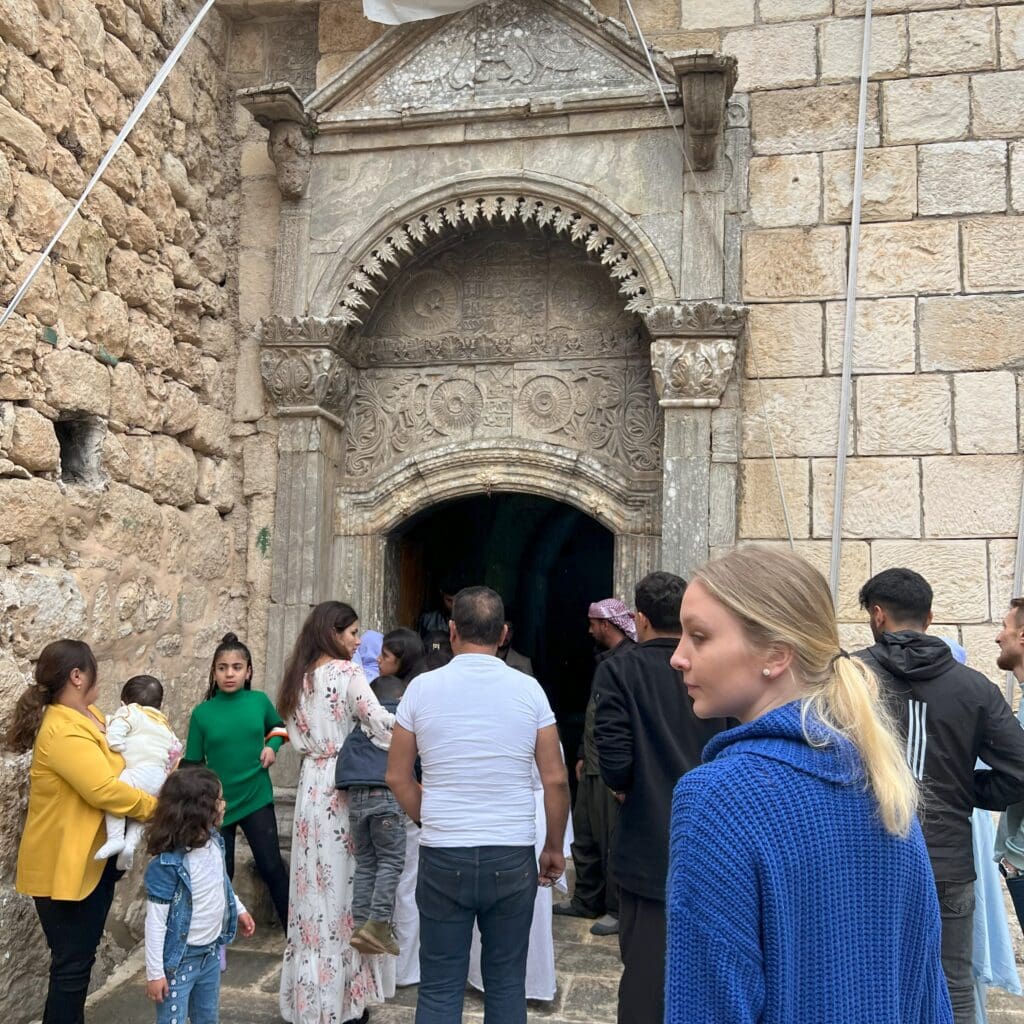
Logan West underscored that Christians can only remain in Iraqi Kurdistan if the government secures their future, and they can get jobs and financial support to rebuild their lives. He highlighted that Iraqi Christians can’t keep living in a survivor mode anymore, and they have to see that the government values them and provides help to protect the community from extinction. Virág Lőrincz added that it’s also crucial for the future of the Iraqi Christian community that the world—now that they no longer live under the oppression of ISIS—does not forget about them and becomes aware of their cause. Jeffrey Kaplan noted that when they asked the question during the interviews with Iraqi Christians whether they see a future in the region or not, they mostly got the same answer: ‘We’ll only have a future with God’s help and if the international community won’t forget about us and will help,’ the interviewees invariably said.
Since 2017, Hungary has given an outsized proportion of the aid
needed for persecuted Christians in Iraq and around the world to rebuild and sustain their livelihood. The Hungary Helps Programme has enabled some 250,000 Christians to remain in their homelands. As reported in a previous Hungarian Conservative article, in 2018 the Hungary Helps Agency provided 2 million euros in aid for the reconstruction of a Christian town in Iraq that was destroyed in 2014, which in recognition of the gesture, was renamed Tel Askouf, meaning ‘Hungary’s daughter’. The assistance was praised by activists like Juliana Taimoorazy, the founder and president of the Iraqi Christian Relief Council, who expressed her gratitude to Hungary. She said Hungary ‘responds to the suffering of Christians in the Middle East not with indifference, but with love and help’. Since 2019, Hungary has also assisted the settlement and return of Yazidi refugees in the Iraqi Sinjar region and in the Dahuk Governorate through five reconstruction, rehabilitation, educational, and health projects within the framework of the Hungary Helps Programme.

